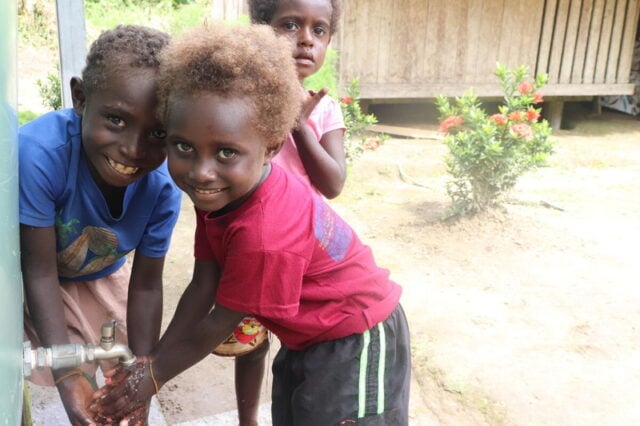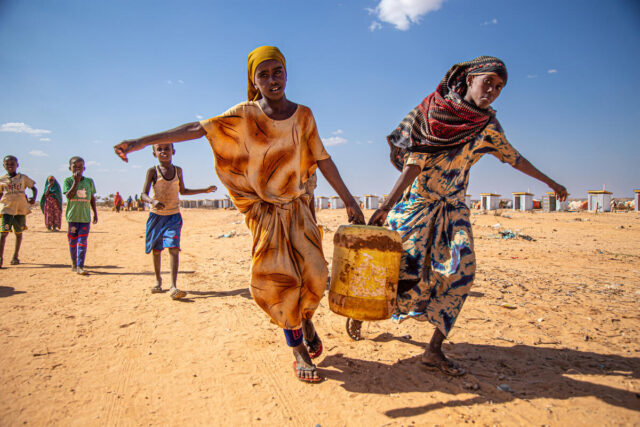During the season of Lent, Christians around the world prepare their hearts for Easter and the good news of new life through Jesus’ death on the Cross. Just as many prep their spiritual lives for the Source of living water, thousands of families worldwide in areas where World Vision works are preparing their homes for the new life that physical clean water will bring. When World Vision drills wells in communities, we don’t just arrive, install a water source, and leave. Instead, we work with community members to educate them on proper water, sanitation, and hygiene practices that will contribute to a fuller life.
Communities work to prepare their homes for clean water by changing their daily habits. So once clean water comes, they’ll see healthier and happier lives. But change is always hard, and doing things differently takes time to adapt.
As you and your family seek the Source of living water this Easter, please pray for families World Vision works with as they implement six key sanitation and hygiene practices in their homes and prepare to receive clean water.
 Pit latrines
Pit latrines
World Vision educates people about how pit latrines keep water sources from getting contaminated by human waste. Instead of World Vision digging latrines, families are encouraged to dig them to build a sense of ownership. Without pit latrines, urine or feces can run into food and water sources and cause sickness.
Father, help people change their minds to embrace the idea of doing things a new way. Give them the strength and materials to build their own latrine.
 Rubbish pits
Rubbish pits
Just as we have trash cans and garbage pickup at our houses, families in developing countries need a central place to put their trash. Having one dedicated pit for rubbish dug near a family’s home helps eliminate contamination and diseases and keeps animals away.
Lord, none of us likes taking out the trash — it’s a chore. Help us communicate to people how important it is and help them find a good spot for their compost.
 Hand-washing stations
Hand-washing stations
World Vision educates children about how washing their hands with soap is like a do-it-yourself vaccination. Families install hand-washing stations like tippy-taps near their latrines at home and learn how regular handwashing with soap — or ashes if they have no soap — eliminates harmful germs that can make them sick.
God, we dream of a future in which no family lacks proper sanitation. Work in people’s hearts to remind them to clean their hands after using the bathroom and before preparing food.
 Raised dish racks
Raised dish racks
With animals roaming freely, dishes on the ground can become contaminated. Instead, families learn to build raised racks to dry and store their plates, cups, pots, and utensils. This keeps dishes clean, so families can eat their food without the risk of consuming dangerous germs.
Jesus, help people build sturdy racks in safe locations to keep their dishes protected.
 Safe water storage
Safe water storage
As families gain access to clean water and are able to store it at home, they need to store it in properly covered containers so the water stays clean. Safe water can be easily contaminated by dirty hands, flies, or even animals, which is why it’s important to transport and store clean water in a covered container.
Living Water, help families learn how to safely store the clean water they’ll have access to. Keep it safe, and may it bless them.
 Bathing showers
Bathing showers
In communities with limited water sources, bathing showers provide people with clean water and privacy. They replace washing in community water sources and help prevent the spread of disease.
God, help World Vision increase the number of bathing showers for families. Provide people with cleansing waters and the privacy they need to reduce the threat of spreading illness and germs.
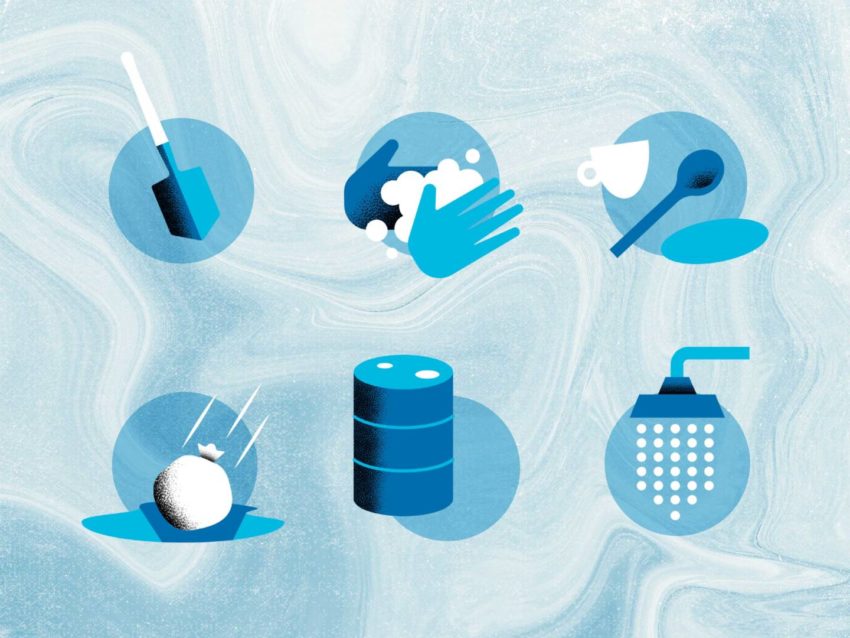
 Pit latrines
Pit latrines Rubbish pits
Rubbish pits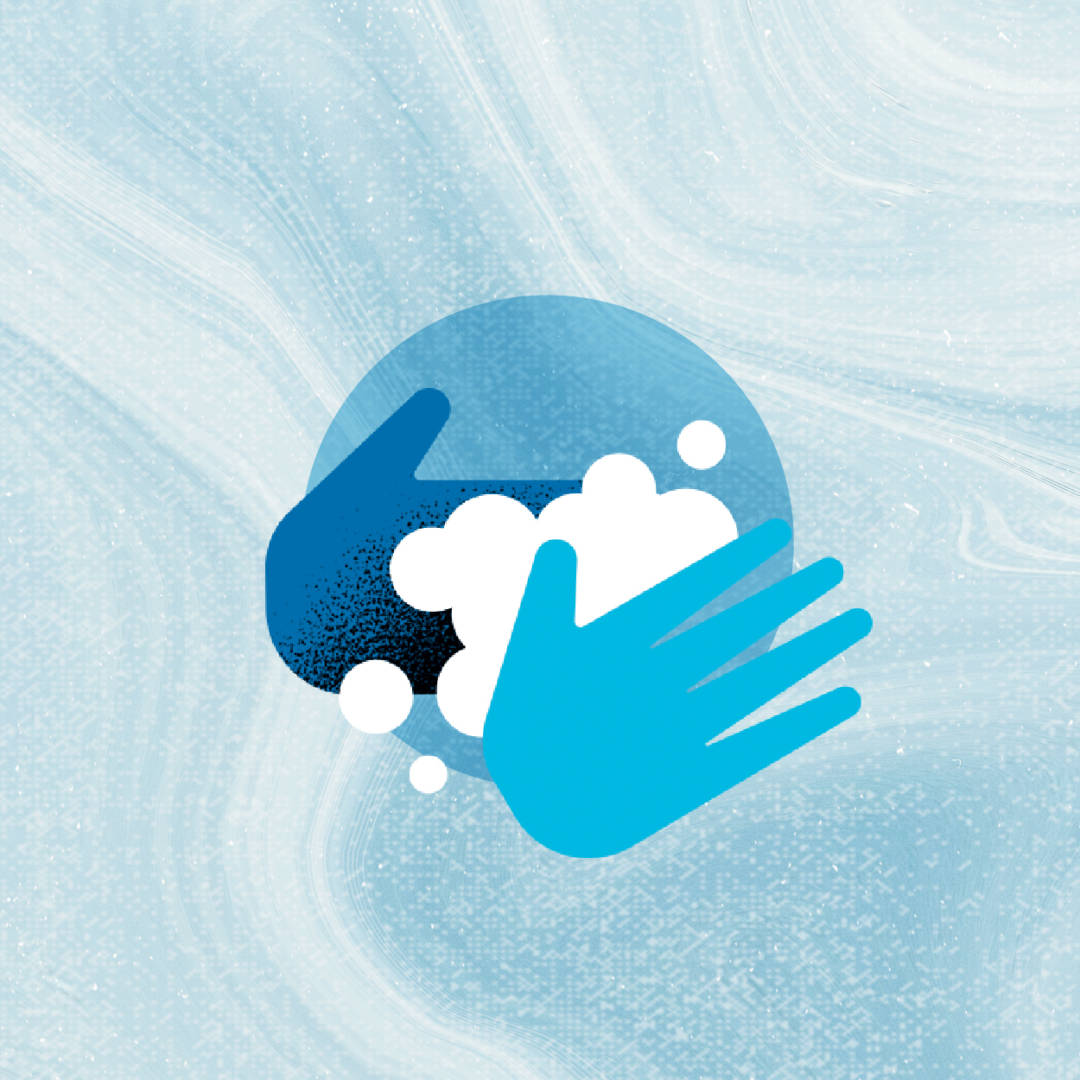 Hand-washing stations
Hand-washing stations Raised dish racks
Raised dish racks Safe water storage
Safe water storage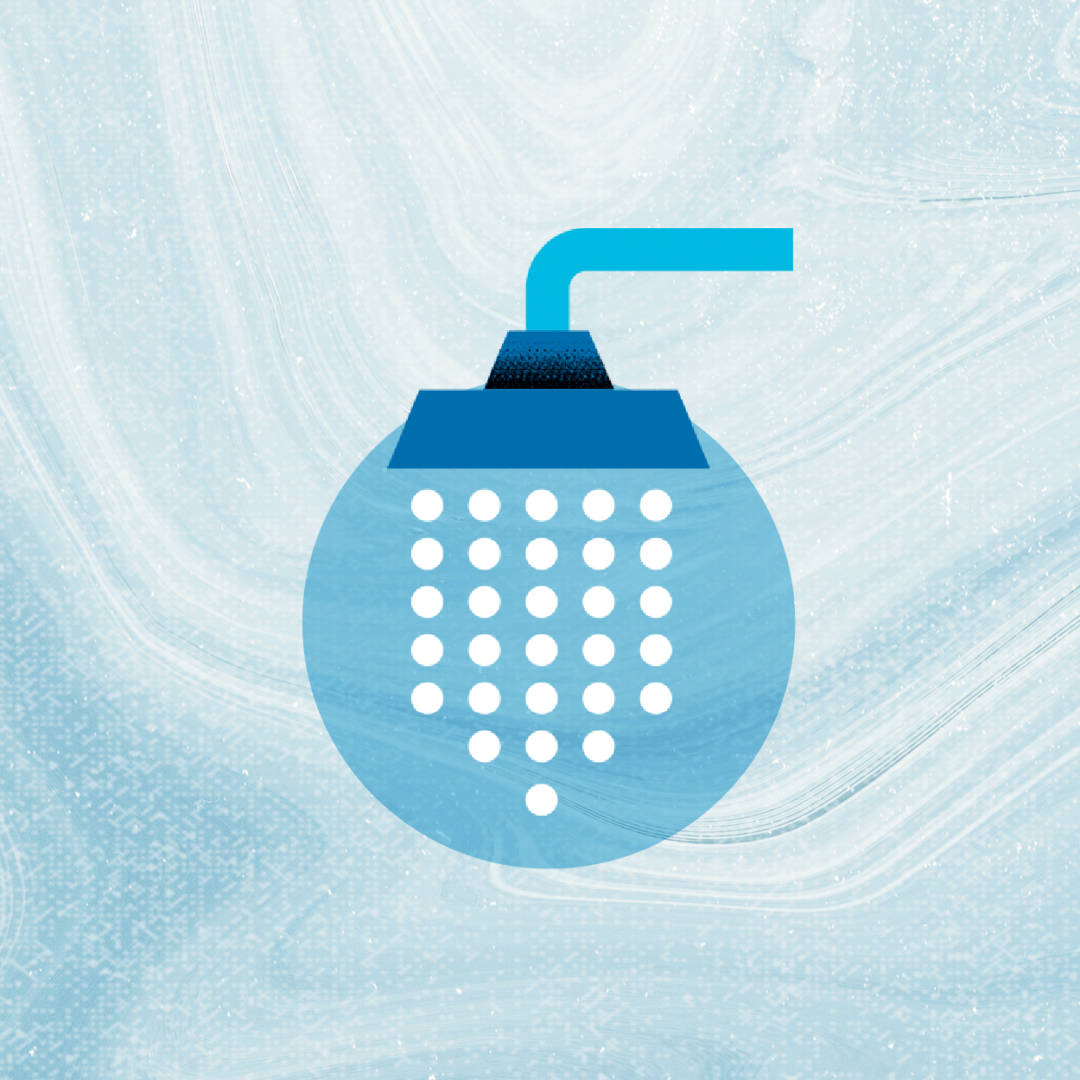 Bathing showers
Bathing showers